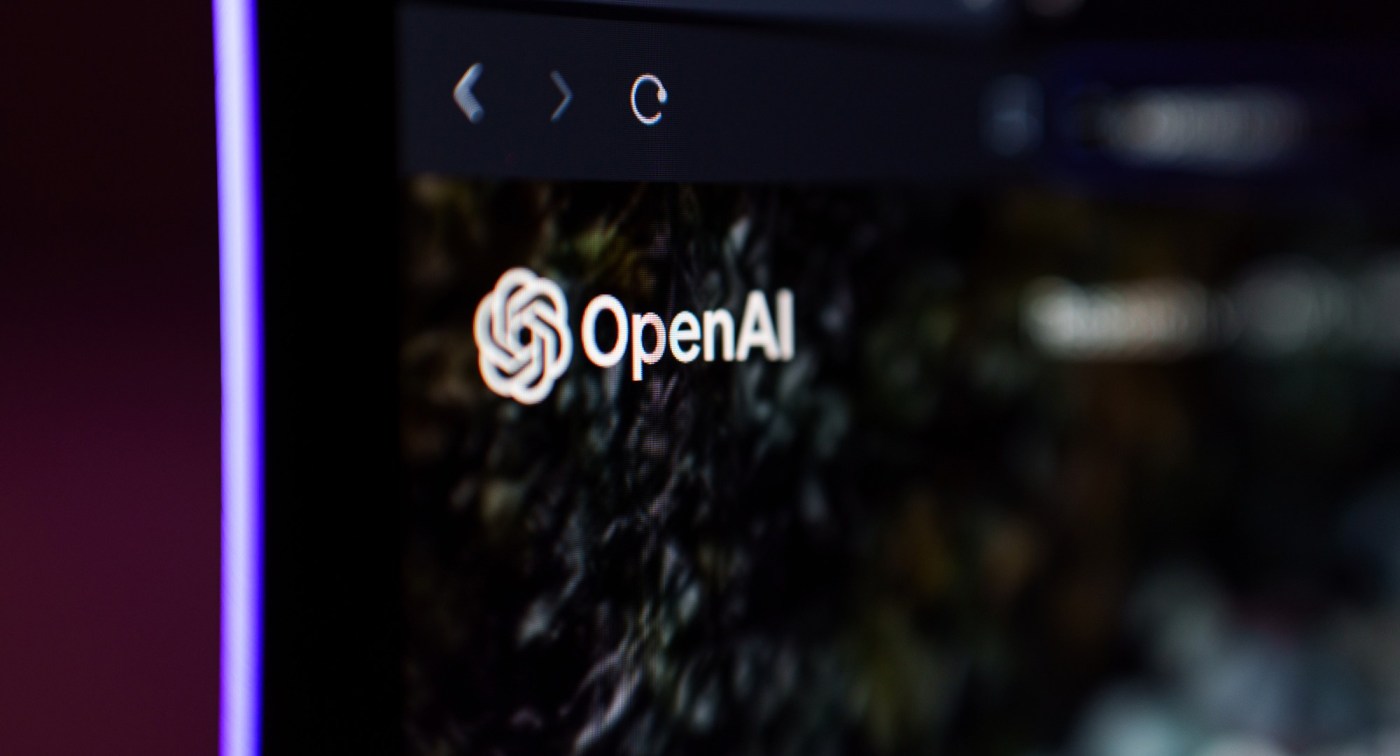
New York Daily News, NY Times ask federal judge to reject OpenAI, Microsoft challenges to copyright suit
Lawyers for the New York Daily News, The New York Times, and other newspapers Tuesday asked a Manhattan judge to reject an effort by OpenAI and Microsoft to dismiss parts of their lawsuits accusing the tech giants of stealing reporters’ stories to train their AI products.
The News, its affiliated newspapers in MediaNews Group and Tribune Publishing, The Times and the Center for Investigative Reporting have accused OpenAI and Microsoft of pilfering millions of their copyrighted news stories — without consent, credit, or compensation — to fuel lucrative AI products exploding in popularity like ChatGPT and Copilot.
Microsoft and OpenAI don’t deny they depend on copyrighted material but say it’s their right under the fair use doctrine and that their products are “a powerful tool for human flourishing.”
The doctrine permits the use of copyrighted materials without permission under certain conditions, including transforming the work for educational purposes provided it does not hurt the current or future market for the materials.
Within their motions to dismiss portions of the case — the topic of Tuesday’s hearing before Manhattan federal court Judge Sidney Stein — Microsoft and OpenAI did not challenge core portions of the case, ensuring the copyright infringement claims at the heart of the case can go forward.
The motions respectively argue the newspapers failed to cite examples of infringement, provide evidence that the tech companies knowingly contributed to it, and didn’t file suit within the statute of limitations, among other arguments. The cases were filed separately and have been consolidated into one case.
Steven Lieberman, a lawyer for The News and The Times, said the tech companies knew that removing the publishers’ copyright management information from their data reserves would obscure or cover up signs of infringement.
But he said his firm employed teams of experts to locate the publishers’ content hidden within the brains of ChatGPT, noting they ultimately found “millions” of examples.
“We wouldn’t have had to do this if they didn’t take steps to conceal their infringement,” Lieberman said.
Microsoft and OpenAI are accused in the litigation of harming the newspapers’ subscription-based business model by misappropriating journalists’ work and providing it for free. The cases allege that the AI models also risk tarnishing reporters’ reputations by sometimes misstating their reporting or attributing it to others.
OpenAI’s motions to dismiss, in part, argued that any “regurgitation” of news stories or “hallucinations” — when the chatbot provides false or fabricated information — was unintended and uncommon.
Joseph Gratz, a San Francisco-based attorney representing OpenAI, told Stein that the models can only learn to understand language, the relationships between words, and facts by being fed “trillions” of examples.
He said their purpose wasn’t to provide a verbatim representation of the content from which they draw or evade publisher’s paywalls — an increasingly important source of revenue for many newspaper publishers.
“You can say, ‘Hey, here is a letter to my landlord, can you make it sound less angry?’ And it will do that,” Gratz said. “You can say, ‘Write me a poem about the architecture of 500 Pearl St.’”
Related Articles
Michelle Obama let America know her low opinion of Trump at the DNC
Multiracial boom in 2020 census was mostly an illusion, researchers say
Final chapter of the special counsel’s Jan. 6 case against Trump is now public. Here’s what to know
Apartment giant Greystar facing FTC lawsuit over misleading rental fees
China weighs sale of TikTok US to Elon Musk
The News’ suit filed in April 2024, which followed The Times’, alleges that “Microsoft and OpenAI simply take the work product of reporters, journalists, editorial writers, editors and others who contribute to the work of local newspapers — all without any regard for the efforts, much less the legal rights, of those who create and publish the news on which local communities rely.”
“OpenAI, which used to pretend it was a non-profit organization, now has a market capitalization of over $90 billion. Yet they both continue to deny that they owe anything to even a single newspaper whose content they have copied, and continue to copy, to build and operate their GenAI products,” the suit reads.
The News brought its suit alongside its sister newspapers, the Mercury News, Denver Post, Orange County Register, and St. Paul Pioneer-Press; Tribune Publishing’s Chicago Tribune, Orlando Sentinel, and South Florida Sun-Sentinel.
The suits seek unspecified damages, restitution of profits, and an order from Stein requiring Microsoft and OpenAI to refrain from copyright infringement.
Stein reserved issuing a decision on the motions on Tuesday.
“I have a lot to think about,” the judge said. “You’ll get an opinion in due course.”
Attorneys and representatives for Microsoft and OpenAI did not immediately respond to requests for comment.


